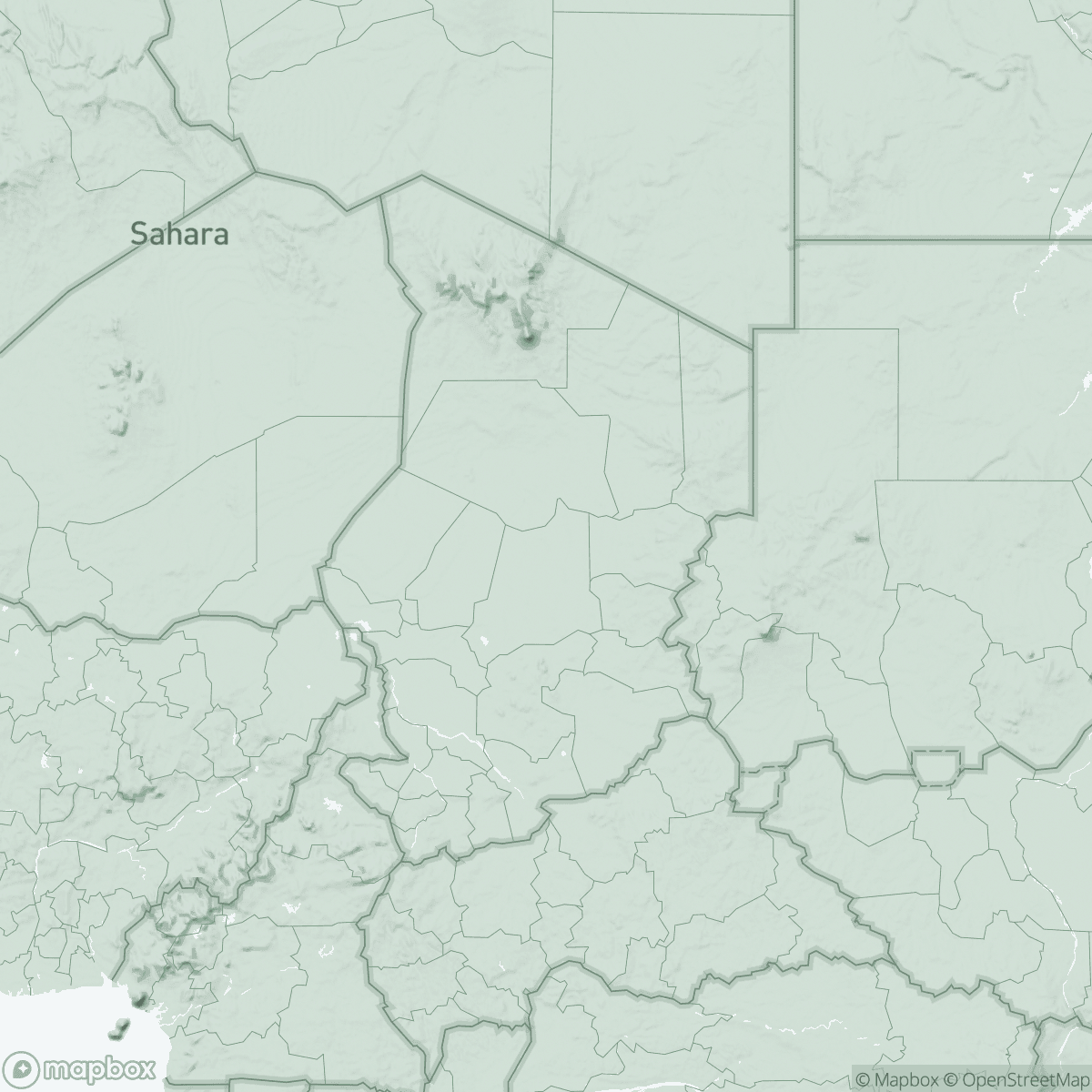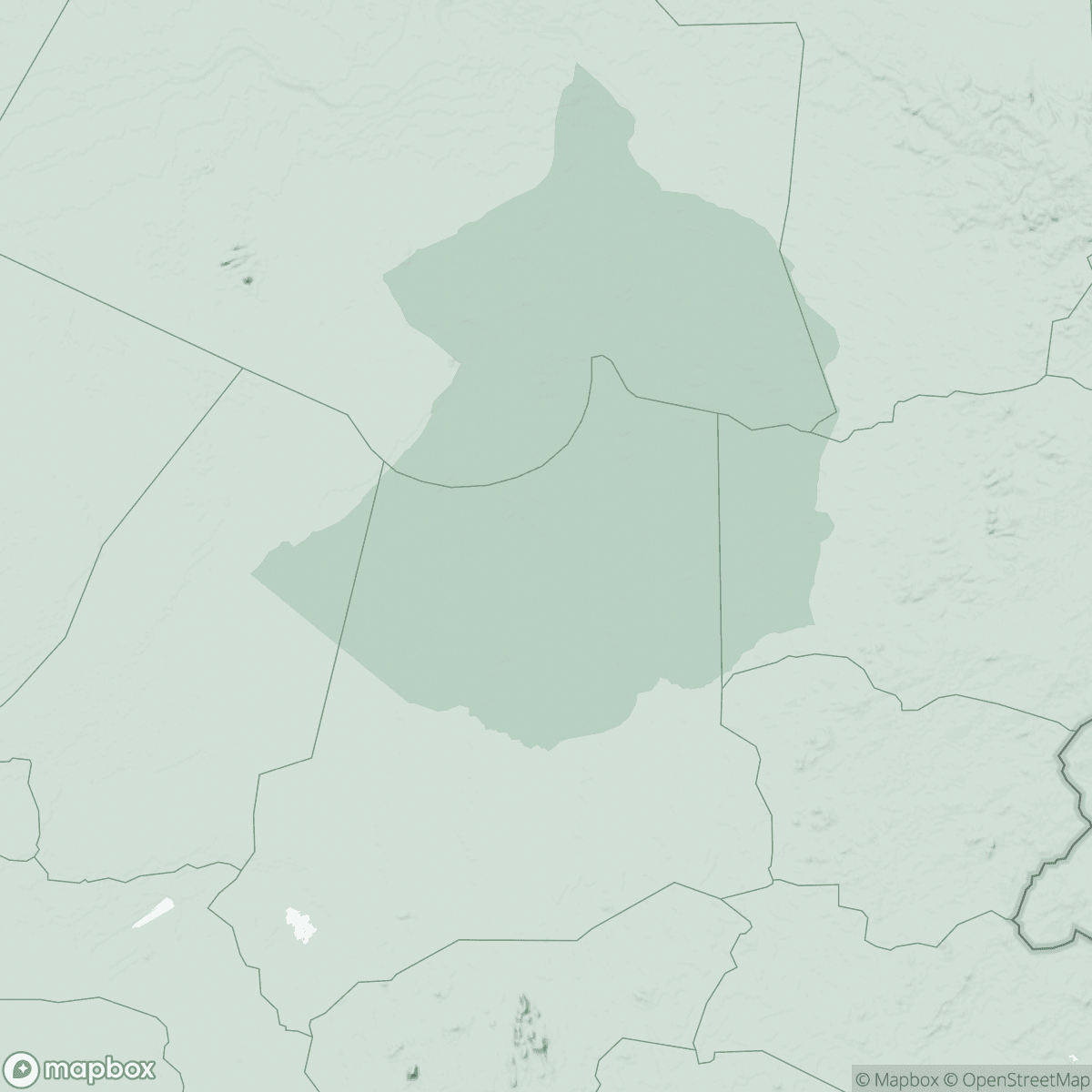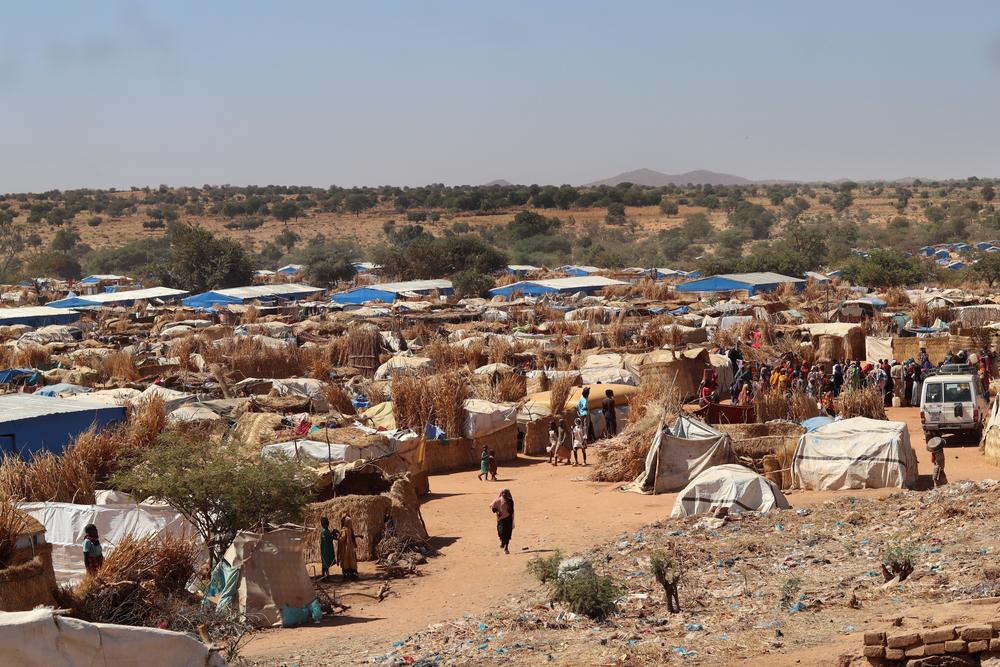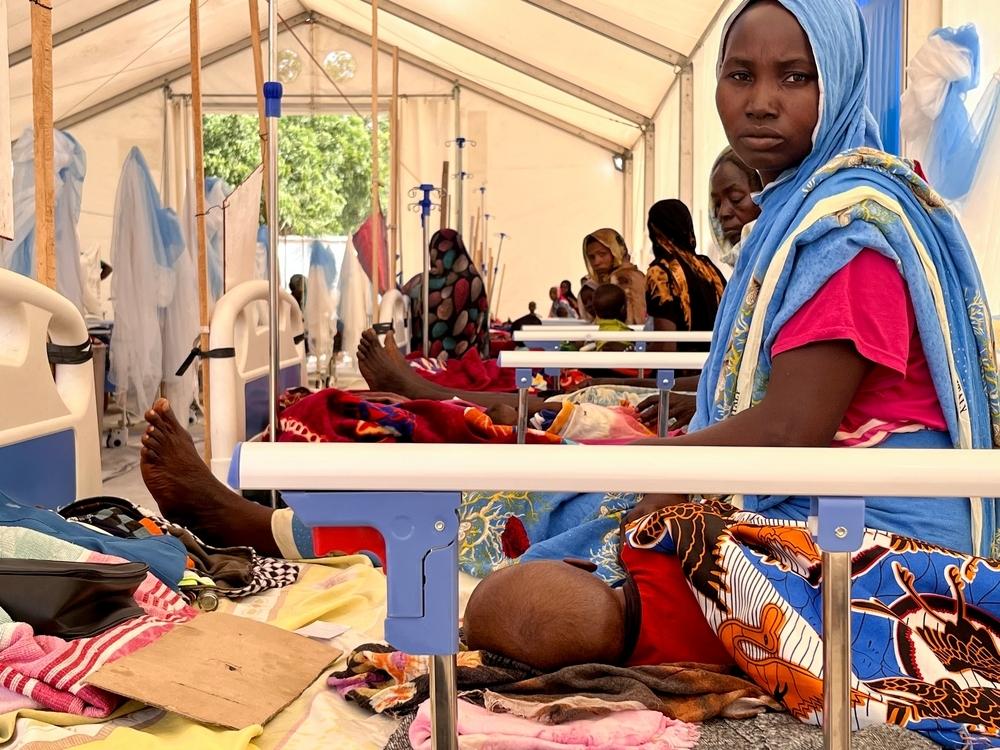
MSF survey sheds new light on scale and intensity of ethnic violence in Sudan
In 1 click, help us spread this information :
The conflict in Sudan has led to a major humanitarian crisis in eastern Chad, where almost half a million people have found refuge, alongside thousands of other Sudanese refugees who have already been in the country for two decades, and local communities who are themselves vulnerable. Substantial financial, logistical and human resources are still needed to step up the humanitarian response, particularly emergency food aid, in Adré and the surrounding camps.
The humanitarian response is far from adequate. Around 500,000 Sudanese refugees in eastern Chad, fleeing the conflict in Sudan in April, lack essential resources such as food, water and shelter. As winter intensifies, many face freezing nights without blankets.
MSF teams continue to provide a wide range of medical care in the hospital and in various clinics and health centres (paediatrics, maternal health, nutrition, trauma surgery, vaccinations, mental health, etc.) and to work to improve access to water, hygiene and sanitation services. The MSF clinics in Adré see around 3,000 patients a week, mainly children suffering from malaria, diarrhoea, colds and respiratory infections.
The Director General of MSF's Operations Centre in Geneva, Stephen Cornish, visited the camps in December 2022 to call for increased commitment and urgent help. Unfortunately, among other crises, this one often goes unnoticed.
I've been an aid worker all over the world, but what I saw in Chad, this emergency situation, shocked me deeply (...) Abandoned in the desert, women and children, for the most part, were faced with unspeakable horrors," describes Stephen Cornish.
"Now is the time to work together to provide a safe haven and dignified living conditions.”
New light on ethnic violence in West Darfur
A mortality survey carried out among Sudanese refugees in Chad by Epicentre, MSF's satellite dedicated to epidemiology and medical research, documents the appalling scale of the wave of violence that swept through the region last June, while atrocities have continued in recent months in the region of El Geneina, the capital of West Darfur.
While the results indicate a significant increase in mortality in the three refugee camps where the survey was carried out, from the start of the conflict in Sudan in April 2023, it is the refugees housed in the Ourang camp, who come mainly from El Geneina, who have been hardest hit. The mortality rate increased twenty-fold from April onwards, reaching 2.25 deaths per 10,000 people per day, with a peak in June. Eighty-three per cent of those who died were men, with violence - particularly firearms - being the cause of death in 82% of cases. The majority of deaths took place in El Geneina, while a quarter occurred during the flight to Chad. Nearly one man in twenty aged between 15 and 44 was reported missing during this period.
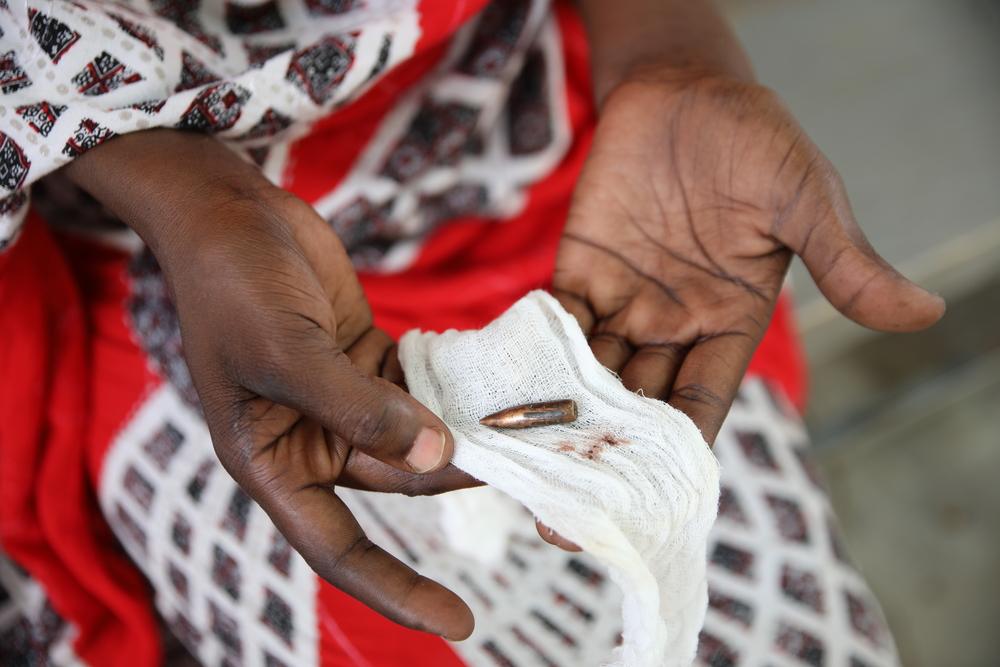
These results corroborate the testimonies of some 1,500 Sudanese wounded treated by our teams in collaboration with the Chadian health authorities in the surgical unit at Adré hospital since last June. The largest influx of wounded we have seen in Adré, with 858 war-wounded received between 15 and 17 June, corresponds to the peak in mortality observed in the survey", explains Claire Nicolet, head of emergency programmes in Chad.
Many of the wounded reported that Arab militiamen were targeting them because of their Masalit ethnicity and shooting at them in El Geneina. They told us that this violence then continued in the villages and checkpoints along the road to Chad, systematically targeting men from the Masalit community"
The accounts of refugees who have fled West Darfur over the past six months paint a picture of an unbearable spiral of violence, with looting, burning of homes, beatings, sexual violence and massacres.
The militiamen told us that this was not our country and gave us two options: leave immediately for Chad or be killed here. They took some men and I saw them shot in the streets, with no one to bury the bodies", explains H., a refugee in her twenties who fled El Geneina to Adré.
